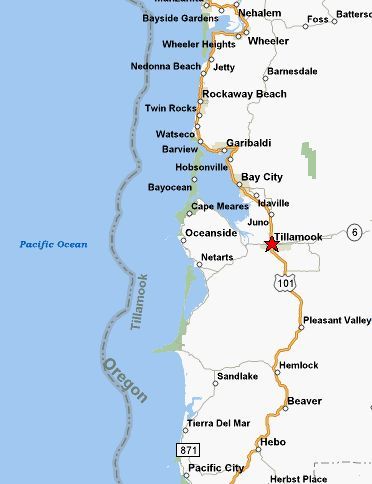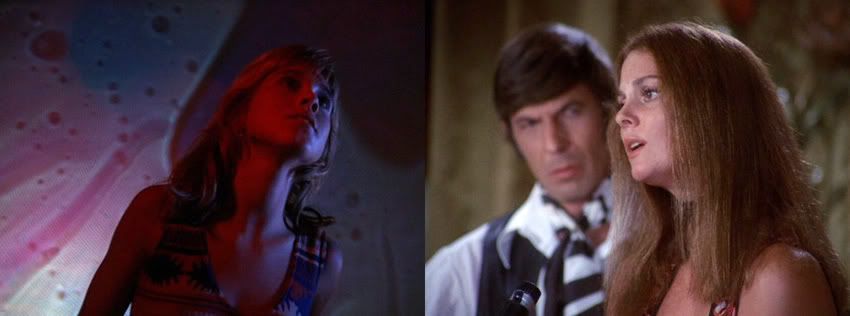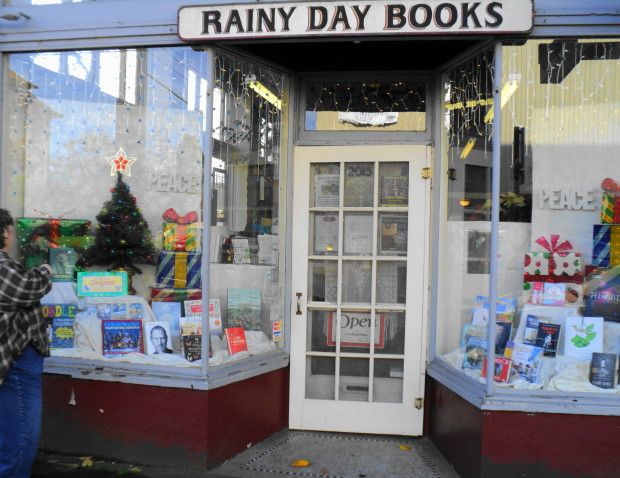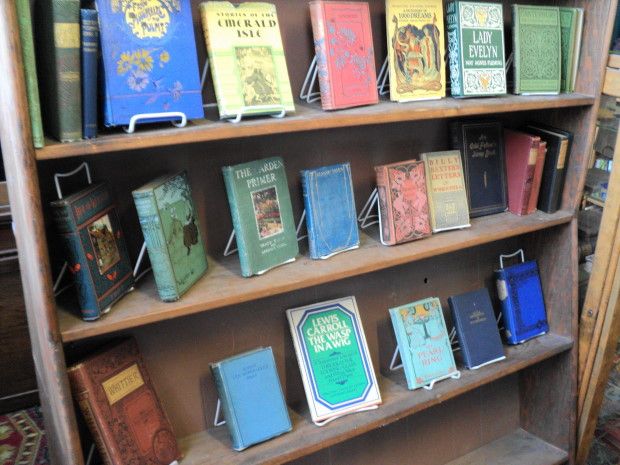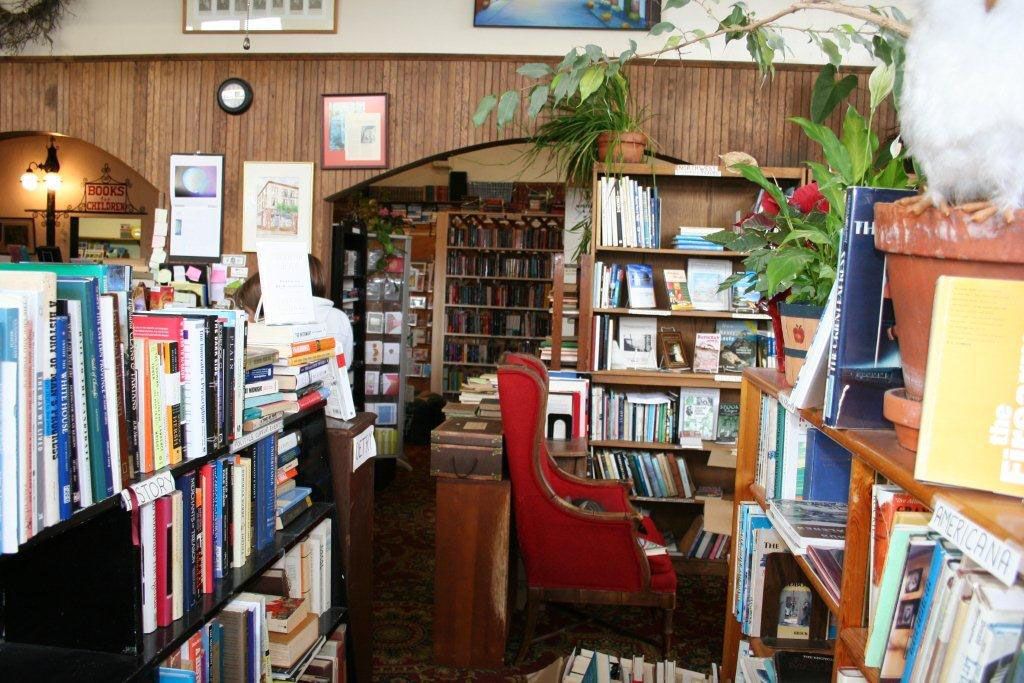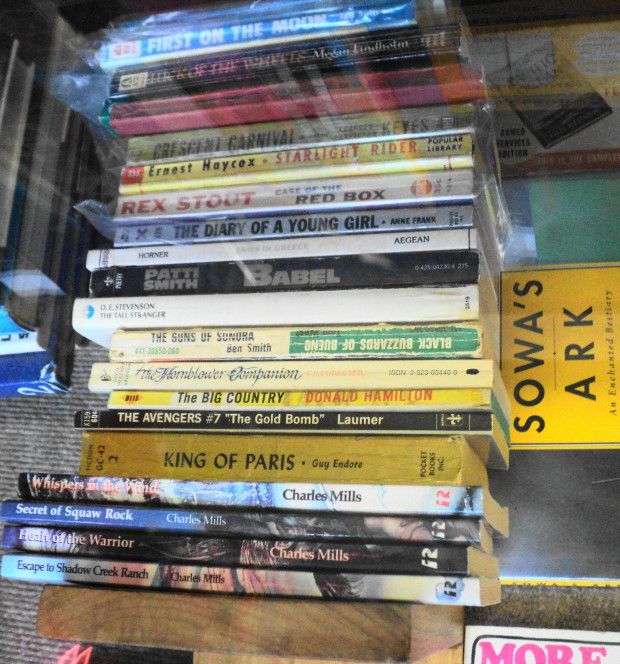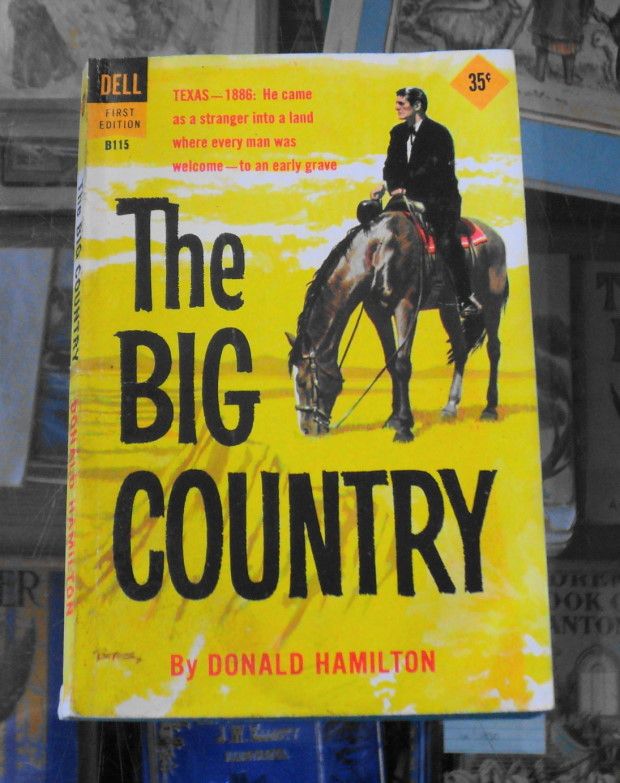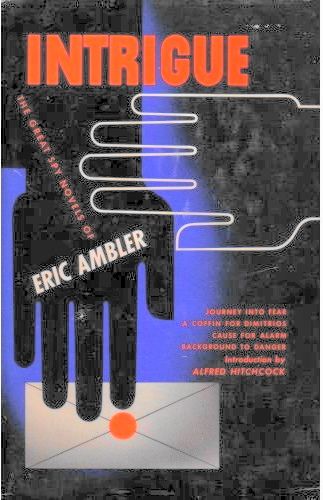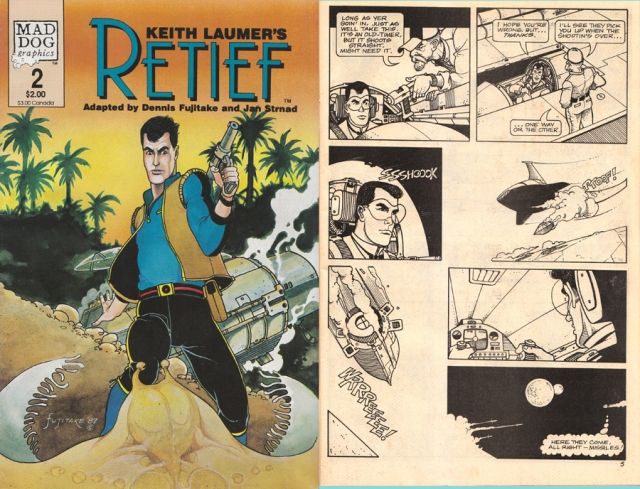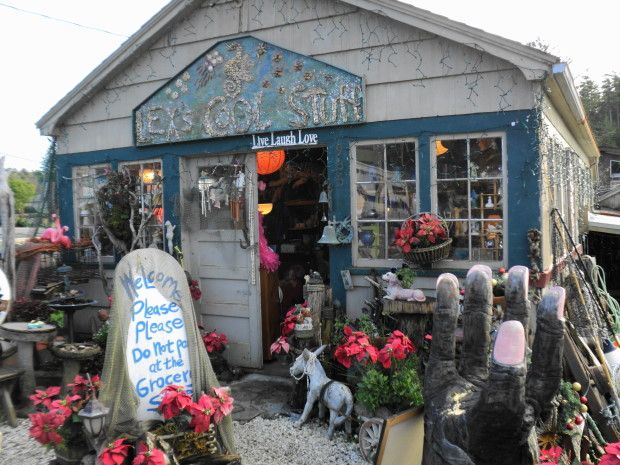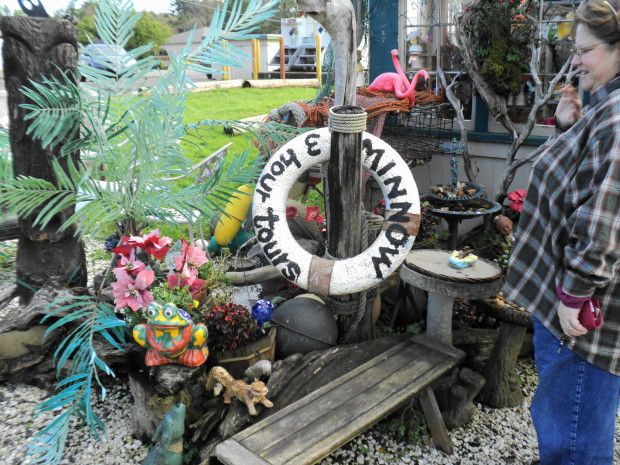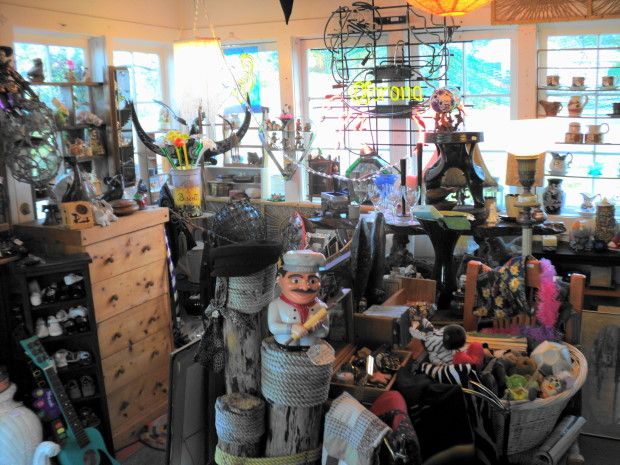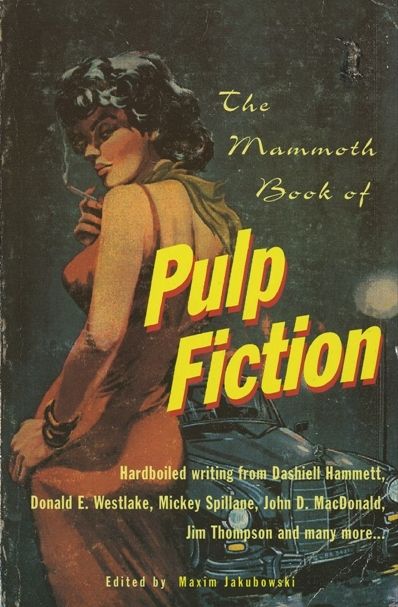My wife is sentimental about holidays and family. Me? Not so much.
So last year we hit on what felt like a perfect compromise; I got Thanksgiving, and Julie got Christmas. The way it worked was that in November we did it my way, just hiding out until it was over, and then at Christmas I'd unbent a little and we spent some time with Julie's relatives and did the holiday thing. That turned out really well, so this year we tried it again. The Wednesday before Thanksgiving Julie and I took off for Oceanside, Oregon, an isolated little village about eight miles out of Tillamook.
When I phoned ahead to book the hotel, the clerk said, "You know there's no TV here, and no cell reception."
"Great!" I told him, and meant it.
"And no internet or wi-fi or anything."
"You had me at 'no cell reception,' " I assured him.
What's more, we got off-season pricing, about sixty dollars a night, for a two-bedroom suite. (One of the reasons we love these back-roads excursions is that everything costs about a third of what it would in the city.)
Of course, part of the reason for the low price is that the weather is expected to be terrible. Last year,
when we fled to Whidbey Island for Thanksgiving, everyone tried to warn us about being caught in a blizzard. This year, the TV weather people were trying to gin up a panic about a typhoon-- there was some heavy rain and a couple of washouts along Highway 101 on the way down, but as usual, it was blown ridiculously out of proportion on the news. In any case, I didn't really care if it was raining outside as long as we were inside, and Julie was pleased at the prospect of stormwatching.
Which, as it turned out, we had a splendid vantage point for doing. Here's the view from our room.
Apparently there had been a brief power outage in Oceanside but that was the only fallout from the rainstorm, and all was well by the time we arrived. Anyway, as one friend of mine said, "Well, hell, if you're just going to get away somewhere and read, you don't even NEED power for that. Just get a quilt for your lap and sit by the window."
But really, apart from it being a bit blustery on Thursday, it was mostly just pleasantly brisk, and somewhat overcast. I did get a lot of reading done. But we weren't entirely without electronic entertainments; most of my reading was on the new Nook, and Julie had brought her laptop. We watched DVDs on that in the evenings.
What we were isolated from was television news, the internet, and people bothering us on the phone. We had frankly needed a break from those things. So it worked out great.
We planned to do a little bookscouting, as well, but that would entail some travel. Oceanside itself is about three blocks long; 'downtown' is only one block and consists of two motels, a restaurant, a deli, and an espresso place. Not a lot of books or comics to be found there. If you want to do any shopping at all you have to go into Tillamook.
Tillamook, it turned out, was a bit sparse on the books as well. Unlike most of the towns along the Oregon coast, it isn't a tourist trap full of antique places and "gift shoppes"; it's a farm town. The famous Tillamook dairy farms, and businesses serving the people who work there, are the economic engine that drives the place. So there really aren't too many antique places or thrift stores to be found. Nevertheless, Friday we thought we'd drive in and see if we could turn up anything interesting. Tillamook is a small enough place that we figured there wouldn't be a lot of Black Friday madness to contend with.
There was only one bookstore in Tillamook, but it's a great bookstore. Rainy Day Books, on 2nd Avenue.
I've noticed something on our travels the last few years. More often than not, if there's an actual bookstore in one of these out-of-the-way towns, whether it's Mount Vernon or Sisters or Langley or Sidney-by-the-Sea, it's apt to be run by someone who's dry behind the ears; someone with some serious bookscouting chops, that is. The proprietors tend to be much more knowledgeable than booksellers in the city, on the whole. Usually, it's this kind of place where we run across the most interesting oddball rarities.
I used to find this strange until I thought it all the way through. Book people are, after all, usually solitary sorts with more than a touch of misanthropy. (I get to say this because I am one-- I refer you to the opening paragraphs above where you can see how this colors my view of the holiday season.)
Naturally, then, the dream would be to find some quiet little place off the beaten track and open a bookstore, and some of them actually do it. Hell, I'd do it if I had money and time and... well, any kind of a head for business at all. Sadly, there's probably too much math involved for me to ever be a successful entrepreneur.
...sorry, digressing. Anyway, Rainy Day is a browser's paradise; it is much larger than you'd guess from the outside, and has several comfy chairs where you can sit and page through whatever you've found.
They had several shelves of "vintage" books, but what caught my eye, as usual, was the lurid pulp stuff.
They had some SF too, and even a couple of comics trade collections-- Legion of Super-Heroes, for the most part.
There were some really cool things under glass at the front desk, too.
Of those, the one that caught my eye was The Big Country, by Donald Hamilton. Before he created superspy Matt Helm, Hamilton had been writing Western paperback originals -- in fact, in the Matt Helm books the series begins with Helm living in Santa Fe and making his living as a Western writer, before he gets pulled back into the world of superspy espionage. Hamilton's pre-Helm novels are damnably hard to find, which is what makes them collectible.
I asked the proprietor what she wanted for it and she said it was priced at ninety dollars. I must have visibly recoiled, because she added, "When I looked it up on the internet it was priced at a hundred and twenty." Pause. "I'd let you have it for forty."
That was a hell of a deal and I told her so, but it was still more than I wanted to spend. She was gracious enough to take it out of the display case and let me take a picture, though.
It's certainly not as though we left empty-handed, though. I fell for a couple of other vintage thrillers-- an Avengers licensed novel by Keith Laumer, and The Haunted Hills, a western by B.M. Bower. And Intrigue, a hardcover omnibus of Eric Ambler's spy novels.
The Bower I picked up mostly for the cover art. I almost never do that, but I did it this time because it was painted by the great pulp artist George Rozen, whose work I've always liked a lot. And anyway, it's hard to go wrong when you are picking up a paperback western from 1951, it's practically guaranteed to be a fast-moving good time. The Avengers book was because I have a soft spot for licensed books based on old TV shows I love, and also because it was written by Keith Laumer, who did the Retief stories.
And I picked up the Eric Ambler just because I'd always meant to read his books -- according to Ian Fleming's original novels, James Bond reads Eric Ambler. I figure if 007 himself likes your spy books, you must be doing something right. (It was the endorsement of Rex Stout from both Bond and M in On Her Majesty's Secret Service that got me interested in Nero Wolfe, and that eventually led to me becoming a member of the Wolfe Pack and writing stuff for their quarterly 'zine. Never underestimate the power of an endorsement, even from a fictional character.)
And in the juveniles I discovered a couple of the Whitman licensed novels I enjoy so much-- both featuring the comic-strip hero Red Ryder.
So it wasn't a total loss as far as comics-related stuff went. Both were missing the dust jacket and were a little beat up, but on the other hand, the binding was still tight and they were priced very reasonably at about six dollars apiece. The books are illustrated, but I don't have a good enough eye to tell if the drawings are actually from the strip's creator Fred Harman or not. There's no signature, and though the books credit Harman as the creator of Red Ryder, there's no actual credit for the illustrations themselves.
That was a pretty fair haul for a one-bookstore town. But on the way back to the motel we saw this place, as we were passing through the tiny village of Netarts (said with a long E, and slurred so it lands somewhere between "knee tarts" and "neat arts"-- really, you have to hear a local say it to get it right, we never quite managed it.)
There are many of these eccentric establishments to be found along Pacific Northwest back roads, particularly the ones along the coast. (Actually, the coast has a large number of eccentrics living there, period.) We stopped mostly just to take a picture, but Lex's Cool Stuff actually was a thrift-and-junk shop of sorts.
Inside the place was crammed to bursting with all sorts of, well, "neat stuff." Julie found a couple of brooches and some coral, and against all the odds, I found a book.
I'm fond of omnibus editions, as I've said before, and I have always liked the "Mammoth Book of..." series. It's nice to have so much good stuff in one place. This was over 600 pages of work from guys like Richard Matheson, Kim Newman, Bram Stoker and Harlan Ellison, all about scary bloodsucking vampires who don't friggin' sparkle. For fifty cents. In hardcover and looking brand-new. Sold.
That was more than enough for one day. We headed back to our motel, well satisfied.
*
This is getting rather long, as usual. Since I'm only about halfway through all the cool stuff we found and the delightfully oddball places we found it, we'll finish it up next week.
Have a happy holiday, everyone, whatever particular solstice ritual you observe.... personally, I plan to spend Christmas sequestered in the office while it's quiet, trying to get caught up on various writing projects. Because I'm a solitary sort of book person with misanthropic tendencies and that's how we roll with the holidays around here.
See you next week.


